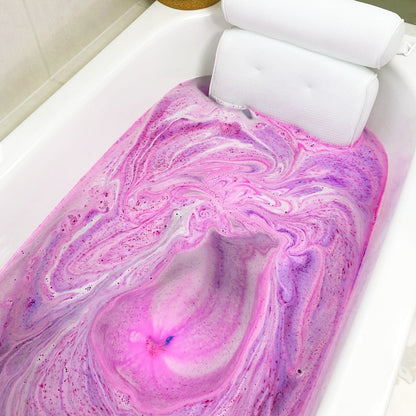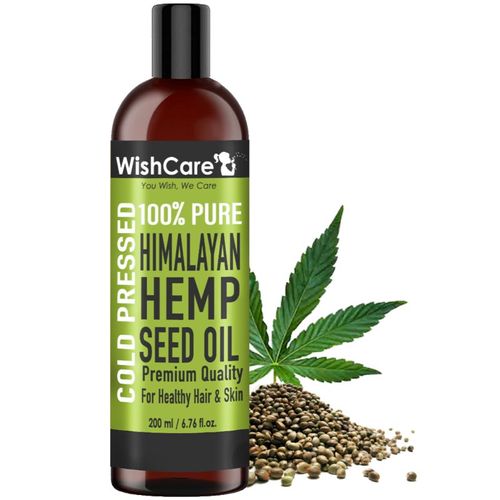
Oklahoma offers many CBD options. It also has some the best medical marijuana laws in America. The Sooner State has also been more open to hemp-derived CBD oil in recent years.
Oklahoma CBD Costs
The price of CBD depends upon the product you choose and the quantity you wish to purchase. CBD oil comes in a range of price points, so it is important to compare prices before you decide which product is best for your needs.
Locate a local retailer
You can find cbd oil for sale in Oklahoma at several locations, including pharmacies and local health food stores. These stores often have knowledgeable staff who will help you find the right product to suit your needs.
There are several online shops that sell CBD products. You can find a variety of CBD oils, topical creams, and tinctures at these shops.

Hemp CBD is legal in Oklahoma as long as it contains less than 0.3% THC. No age or possession limit applies to hemp-derived CBD.
CBD does not need a prescription from your doctor nor a state medical cannabis card. However, it's still best to talk to your doctor before starting a treatment program. They'll help you determine whether the benefits of using CBD are worth it for you.
Oklahoma Hemp CBD - Where to Buy
You can buy CBD-derived hemp in Oklahoma from many locations including small health food stores as well pharmacies and medical cannabis dispensaries. These stores might also carry other cannabis-related products, such as CBD infused oils or vape pen.
It's crucial to verify that CBD brands in Oklahoma are legitimate and adhere to all state laws when purchasing CBD. In particular, you want to make sure that the brand provides comprehensive third-party lab results on its website.
It is also important to confirm the purity of the product. The best way to do this is to look for a company that uses a high-quality, third-party laboratory to test its product.

The Farm Bill of 2018 removed hemp from the list of controlled substances, allowing American farmers to grow it for commercial use. Many CBD-based products have been developed by companies.
This has made it easy for people across the country to obtain CBD oil, and Oklahoma is no exception. Hemp-derived CBD is legal for purchase as long as it contains less than 0.3% tetrahydrocannabinol, and it can be bought in stores or online.
Oklahoma Pregnant Women Need a Medical Card
While pregnant women can't obtain a medical certificate, the law clearly states that they can obtain a CBD cards if they are using it for medicinal purposes. While there are some conditions that must be met before they can obtain their card from the state, they are relatively easy and painless.
FAQ
Is CBD a good company to invest?
As hemp-based products gain popularity, so does the market. The market for hemp-based products could reach $1 billion by 2022, according to estimates.
Market growth is expected at an annual rate in excess of 20% up to 2020, when it will reach $2.5Billion.
Hemp oil is already used in many beauty and health care products such as lotions, shampoos, lip balms, moisturizers, body butter, and skin creams.
There are many companies that produce CBD-infused foods, snacks, pet food and dog treats.
CBD is legal in all 50 states. However, this could change very soon. CBD will become more widely used as a legal substance in the future. This will allow businesses to be more legally able to do business.
These are just a few of the many reasons CBD investment can be lucrative.
What does CBD's price vary in different states?
Prices for CBD products can vary depending on where you live. You can even find prices that are more than 10 times higher in some places!
In general, prices increase the further north you go. CBD can be found in Alaska at $35 per kilogram, and Hawaii at $200 per grams.
This trend is continued across the nation. The prices range from $5 to more than $2,500 per gram.
Why is this happening?
The varying levels and regulations of cannabis regulation are one reason prices can vary widely. Some states require CBD products to contain minimal THC (the psychoactive element of marijuana). Others don't care about the amount of THC present.
Because of this, some companies choose to sell their products in one state and then ship them to another state.
How can CBD products sold in a legally compliant manner by companies?
The FDA does NOT regulate hemp as an agriculture commodity. The Controlled Substances Act regulates other cannabis derivatives (e.g. pot). CBD is not covered by any regulations.
CBD is legal in 29 states. Federal law, however, still considers it illegal. This uncertainty creates uncertainty for CBD product sellers.
The FDA also sets strict guidelines about how CBD products are promoted. The FDA requires that all CBD products clearly disclose their THC content. Without supporting scientific evidence, CBD cannot be claimed to treat certain medical conditions.
In addition, the FDA requires manufacturers to submit detailed information regarding manufacturing practices and quality control measures. To prove safety and effectiveness, they require that companies conduct clinical trials.
These factors should be considered by companies when they develop their marketing strategies.
Which countries produce the highest quality CBD products?
The United States produces most CBD products.
Canada, Australia New Zealand, Israel and New Zealand also produce high-quality CBD product.
Where can I get CBD products?
CBD can also be purchased at your local store or online. Online retailers often offer better deals. Many websites offer CBD products that are made from industrial hemp. This product contains less than 0.3% THC.
Local shops are a good option if you prefer to shop locally.
Many states now have laws allowing consumers to buy CBD products without a prescription. CBD products might be available for purchase at your local pharmacies if you're a resident in one of these states.
You may even be able to get CBD products delivered directly to your door.
Statistics
- A recent study [161] also found that in vitro CBD treatment (i.e., ≤ 2 h exposure to 10 μM) induced ~40% vasorelaxation in isolated (pre-constricted) (ncbi.nlm.nih.gov)
- A recent systematic review of human trials also reported that individuals with epilepsy receiving CBD (5–20 mg·kg−1·day−1) were more likely to experience decreased appetite than those receiving placebo (i.e., ~20 vs. 5% of patients) (ncbi.nlm.nih.gov)
- The use of these products is likely to become even more widespread if the World Health Organization's recommendation that CBD no longer is scheduled in the international drug control conventions is adopted by the United Nations member states [201]. (ncbi.nlm.nih.gov)
- HR −16 mmHg; 95% CI −26, −6; I2 = 92%) (ncbi.nlm.nih.gov)
- however, one study also found that these effects were virtually abolished when the original media (a nutrient broth agar) was replaced with one containing 5% blood (increasing the minimum concentration to ~160 μM CBD) [179]. (ncbi.nlm.nih.gov)
External Links
How To
What are the most common problems in the CBD industry?
The market for CBD products is expanding at an astounding rate. There are many hurdles businesses face when trying to enter the CBD market. These include a lack consumer awareness, high-cost entry, limited access capital and regulatory uncertainty.
Many consumers do not know what CBD is or how it works. This makes it difficult for consumers to make informed decisions on whether or not they want CBD products.
Many CBD companies depend heavily on word of mouth marketing. This is costly because they have to pay for advertising and hire staff to promote their brand.
Another issue for new entrants is the high cost production. CBD products can be very costly because of the cost of the raw materials. For example, hemp needs to be grown in specific climates and soil types before it can be processed into CBD oil.
Grow enough hemp to produce CBD oil requires approximately $1,000 per annum. Many small farmers can't afford to begin.
A lack of capital access is another issue that new entrants will face in the CBD marketplace. Banks are often discouraged from helping people start businesses because of the stigma that surrounds the industry.
Last but not least, there is regulatory uncertainty regarding the sale and distribution of CBD products. There are no guidelines for how CBD products should market.
Some states have passed legislation restricting the sale of CBD products, but this has yet to become national policy.
Only two states, Nevada and Maine, have yet to legalize recreational marijuana.
Massachusetts and Michigan, however, are exploring similar options.
These changes could result in increased competition between CBD manufacturer.
These factors are why many entrepreneurs prefer to work from home than open a physical store.